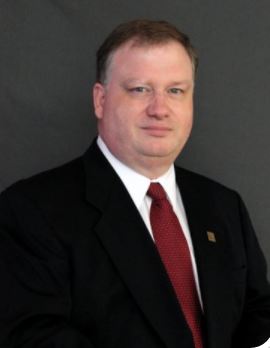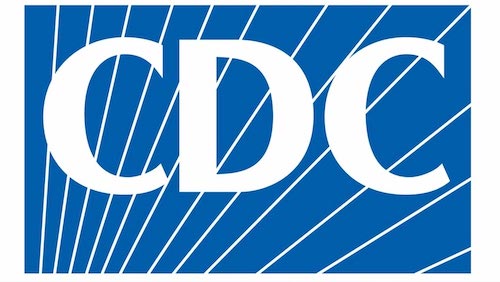8 Books Every Epidemiologist Should Read
Category : PROspective
As we make our way into a new year, you may be looking for something new to do to de-stress. Luckily, a former Rollins student curated the perfect list of must-read books for every epidemiologist, which you can find here. This collection offers a diverse array of titles that seamlessly blend knowledge and storytelling. Get ready to expand your intellectual horizons with our recommended reads!
Last Valentine’s day my friends and I arranged a book exchange party similar to your typical white elephant Christmas game. I was expecting (okay, hoping) to have a plethora of fantasy, romance, or mystery novels to choose from, but was surprised when the overwhelming majority of books were nonfiction. Leave it to public health students to turn a romantic holiday into an educational opportunity. Reading the synopses off the back covers of these books, however, made me realize that there were plenty of intriguing stories from the world of public health to choose from, and my education on many of these topics was severely lacking. This led me to investigate epidemiology-related book options besides the requisite The Immortal Life of Henrietta Lacks.
I’ll be honest, I rarely do the readings for any of my classes. While I’ve been known to spend an embarrassing amount of time in the YA section of bookstores, I don’t often buy our course textbooks. If you’re like me and prefer a book with a plot than an educational motive, then maybe one of these books will be a good entrance into the world of educational readings. Here’s a list of 8 books to start with as an epidemiologist:
- Spillover by David Quammen- If you’re interested in infectious or zoonotic diseases this is the book for you. The book’s author, David Quammen, investigates the causes and impact of spillover, the phenomenon in which a new pathogen is passed to humans from wildlife. He tracks the origins of diseases like ebola or avian flu while following scientists around the globe through remote jungle and high security labs.
- The Ghost Map by Steven Berlin Johnson- Read about the father of field epidemiology, John Snow, in this work which tells the story of the 1854 Broad Street cholera outbreak. If you want to learn more about the most intense cholera outbreak in Victorian London and understand the role community played in the evolution of epidemiology, pick up a copy of this book asap.
- The Wisdom of Whores: Bureaucrats, Brothels, and the Business of AIDS by Elizabeth Pisani- If you’re looking for a witty take on a serious topic, read this. Pisani details her life as an AIDS epidemiologist and her plight for funding of HIV prevention programs among the most vulnerable communities.
- Medical Apartheid by Harriet A. Washington- This book explores the dark history of the exploitation of black Americans by medical physicians and researchers. A must-read for anyone seeking to understand the roots of America’s racial health disparities and medical mistrust, Washington tells the stories of black Americans from the era of slavery to the present day in her book, calling out the injustices of America’s medical establishment.
- House on Fire by Joseph Finder- If you’re still looking for a fiction novel then this thriller/crime mystery book may satisfy you. This story follows protagonist Nick Heller after he discovers his old friend has died of an opioid overdose. As he works to uncover a pharmaceutical company’s dark secrets in his attempt to hold someone accountable for his friend’s death, he becomes embroiled in a larger conspiracy than he’s bargained for.
- Inside the Outbreaks by Mark Pendergast- For future Epidemic Intelligence Service (EIS) hopefuls this book is a great read. Readers will be taken through the history of the EIS and follow EIS officers around the world in their efforts to eliminate lethal threats to public health, from smallpox to gun violence.
- Beating Back the Devil by Maryn Mckenna- Another book following the drama of life in the EIS, this book examines the complexities of a different officer’s work in every chapter. Following the first class of officers to enter the EIS after September 11, Mckenna also details the experience of considering bioterrorism for the first time.
- The Next Pandemic by Ali S. Khan- In a chillingly accurate prediction of the current pandemic, this book is a lesson on how to keep ourselves safe from inevitable future pandemics as it narrates disasters like anthrax and Ebola and the ways they may have been prevented. Dr. Khan gives us insight into the human mistakes which led to these emergencies in his firsthand account of life as public health first responder.
Hopefully one of these books piques your interest, and gives you something a little more relaxing to do this winter break than working on your thesis or scouring 12Twenty for jobs and APE opportunities. If finals has you down, what better way to find motivation for next semester than a set of books reminding you why you’re needed in epidemiology?
Featured Image by Ergita Sela on Unsplash
This post was originally published on December 12, 2021 by Alex Whicker.












Recent Comments